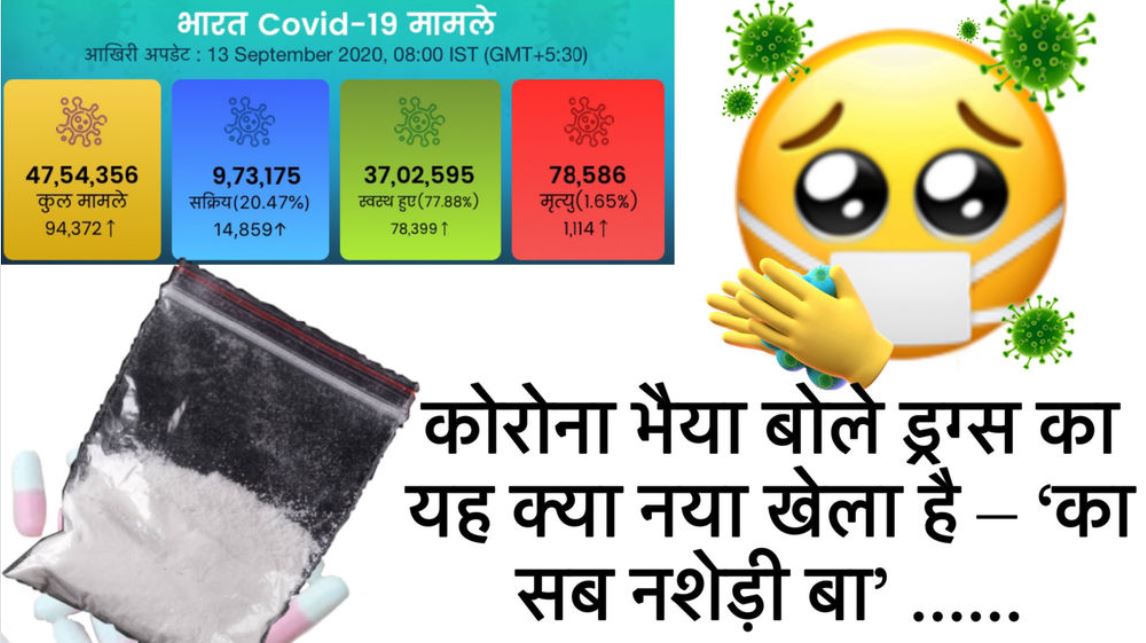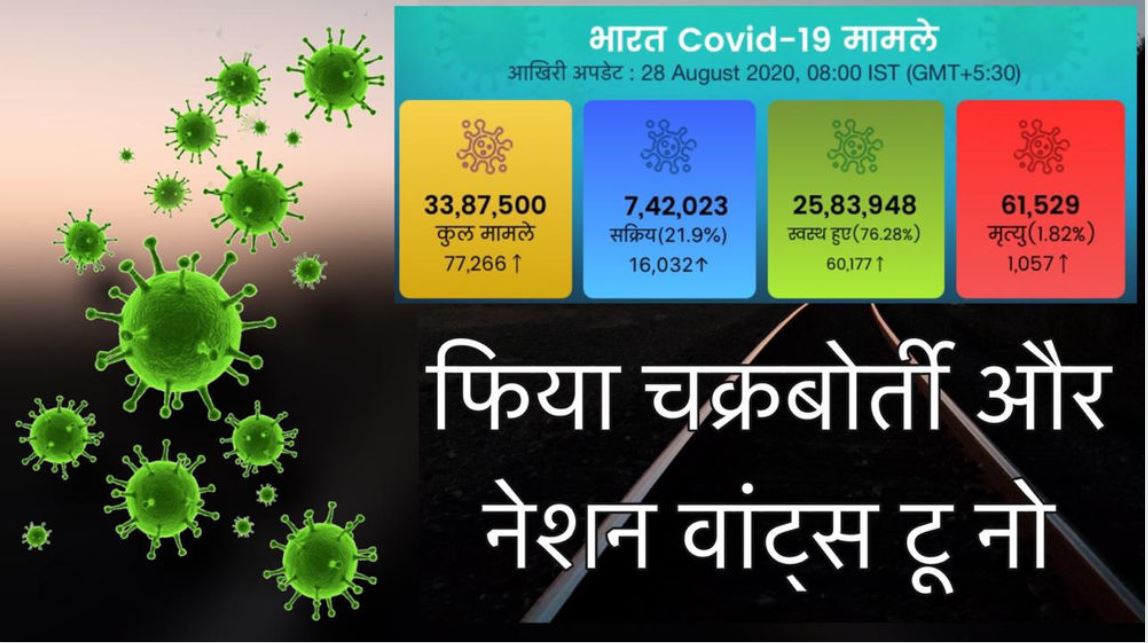If voting made any difference they wouldn’t let us do it. – Mark Twain Now, we often see legislators are on buses and going to a luxury resort in order to save their own government. What do we do besides applause or critique? We wait for our next term to vote. In a democracy, the right to vote is one of the best features that enhance the dignity of a citizen and allows correcting one’s mistake. Contrary, the defection in politics commonly known as the horse-trading gave a new escape to our leaders. They disregard our mandate, switch parties & form new alliances to fulfil their political ambition of money and power. Do we ever see the six-time CM oath and one presidential rule in a span of 2 years? Arunachal Pradesh faced such fate in 2014. The Indian National Congress who got a majority of 44 seats left with one MLA in his quarter. The intervention of the Supreme Court wasn’t able to address the fundamental question of people’s rights. What did their votes mean?
In a democracy, the dishonesty of politicians is not new to us. In 1967, the first non-Congress government was formed in Haryana, an independent winning candidate; Gaya Lal changed the party thrice in a fortnight. When he finally re-joined the Congress, Congress leader Rao Birender Singh produced him at a press conference and said, “Gaya Ram is now Aya Ram.” This expression becomes owe to all Indian politicians who changed the party for minister posts and money. Don’t forget the famous jibe of ‘Paaltu-Ram’ and ‘Mausam Vigyanik’ for these fair-weather politicians. Their change of parties was also a subject of jokes in public.

Critics say the emergence of the non-Congress front as one of the reasons for defection. In the mid-1980s country show a series of political disloyalty in many Indian states. PV Narsimha Rao’s minority government survived in 1993 due to JMM support, allegedly in return for cash. Who can forget the most famous no-confidence motion in the Indian Parliament? The fall of the Vajpayee government from one vote left him awestruck. In 1985 ‘anti-defection law’ was passed to disqualify any legislators on the ground of defection and provide stability to the government. Some politicians say this law violates their freedom of speech and expression within the party. Notwithstanding, the apex Court disagrees with such a view and explained the intent behind this law in his famous Kihoto case. Recently, Karnataka and Madhya Pradesh hung assembly discover a new way to bye-pass this law. The resignation of MLAs from the Assembly lowers the reduction of the house strength and helps the opposition to cross the halfway mark and formed a new government. Later, the designated members were fielded by the ruling party in a by-election.

The role of governor is too crucial during hung assembly. Though, their fumble in calling to the ‘largest party or group’ raise question and became a subject of debate. In Maharashtra, an overnight sworn of the Fednavis government and the abrupt implementation of the Presidential rule seemed more constitutionally cinematic. The coalition of parties regardless of ideological differences exposes the heightened of political hypocrisy. The Prime Minister who revoked Presidential rule has further not explained the nature of extreme urgency.

Today, the party doesn’t trust their folks of MLA. How can we expect the voters to trust them? Their march towards the luxury resort and wait for the floor test says more about their inner unity and self-belief. Negotiations are the heart of all political deal-making. US President Roosevelt famously said, “In politics, we have to do a great many things that we ought not to do.” Many other western countries like Canada, France, Germany, and the UK have not laws against defection.
In India, we spend millions on an election, and lastly became the whip of wealthy politicians. The party with immense money has always been an upper hand. To curb such practices we need to reframe anti-defection law and implement the Sarkaria Commission (1983) report. A law to regulate the internal affairs of political parties, 1/3rd tickets to women, and state funding of an election can add more transparency to our electoral politics.
In 2017, the people of Goa protested on defection shouting with slogan “NotMyCM” and “I want my vote back.” Their demands didn’t get fulfilled. Though their voices remind us that in democracy ‘right to vote’ is one of the safest whip people have and the politics of defection can’t ruin it. What do you think about the ‘Politics of Defection’?
Appreciate your views
Source:
https://www.newindianexpress.com/magazine/voices/2019/dec/01/horse-trading-indian-style-at-e xpensive-resorts-2069357.html
https://www.drishtiias.com/daily-updates/daily-news-editorials/perils-of-electoral-politics
Written by Nitin Kumar







